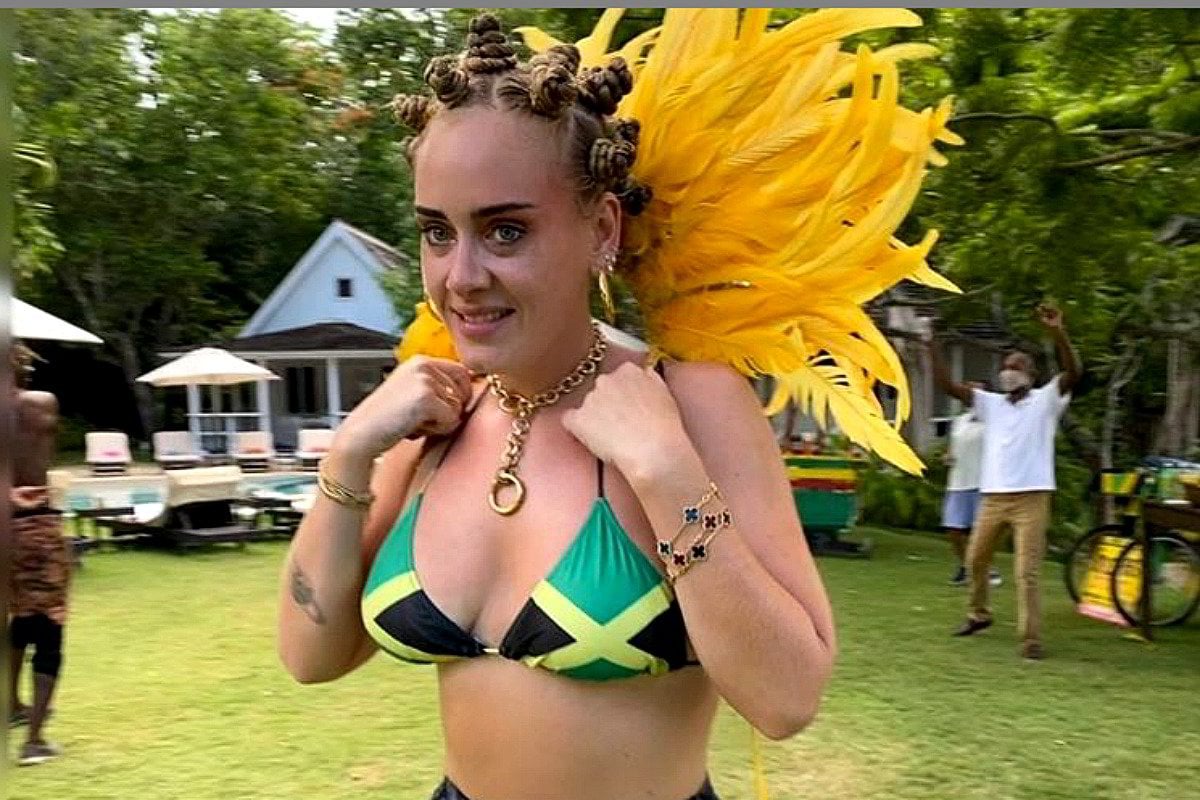
Cultural appropriation or appreciation? That’s the conversation taking place around Adele’s latest headline-grabbing Instagram photo.
In the image the 32-year-old Grammy winner is wearing a Jamaican-flag bikini top and has her hair twisted into Bantu knots.
From the caption posted alongside the image, Adele shows her support for the Notting Hill Carnival, an annual event which celebrates Caribbean culture and interracial tolerance.
Due to be held on August 30 and 31, the event was instead held virtually this year due to the COVID-19 pandemic.
The image has been labelled as cultural appropriation by a number of commenters and writers, mainly due to the fact that Adele chose to have her hair styled in Bantu knots, a traditional African hairstyle with a history that dates back hundreds of years.

Top Comments
Also, if a white person has hair that is suited to, say, dreadlocks, then they should be able to have dreadlocks. Or if their hair is more manageable with braids, then why can't they have braids? I don't see how making it taboo for white people to have certain types of hairstyles is going to make it easier for POC to be accepted with those hair styles.
I'm happy to be enlightened on this, but I just can't see how policing hairstyles helps anything. Hairstyles like these date back thousands of years, and run through many cultures, so I don't understand who decides who can have which hairstyle.
I get this, but I don't see how making it taboo for white people helps that.
"And white hair really isn’t ever suited to braids or dreadlocks" This is absolutely not true. I have thick, course hair that can dread naturally. Thick, curly hair is a trait of white people, as is frizzy hair. Just because someone is white, it doesn't mean they don't have traits from ancestors, like thick, course hair that can be managed with braids.
Also, where does the policing end? What if a Japanese guys gets cornrows? They are a first world, industrialised nation who colonised other cultures. Are they allowed to have dreads or cornrows?
As I've said, no one has "ownership" over hairstyles that moved through cultures for thousands of years, so who gets to decide?